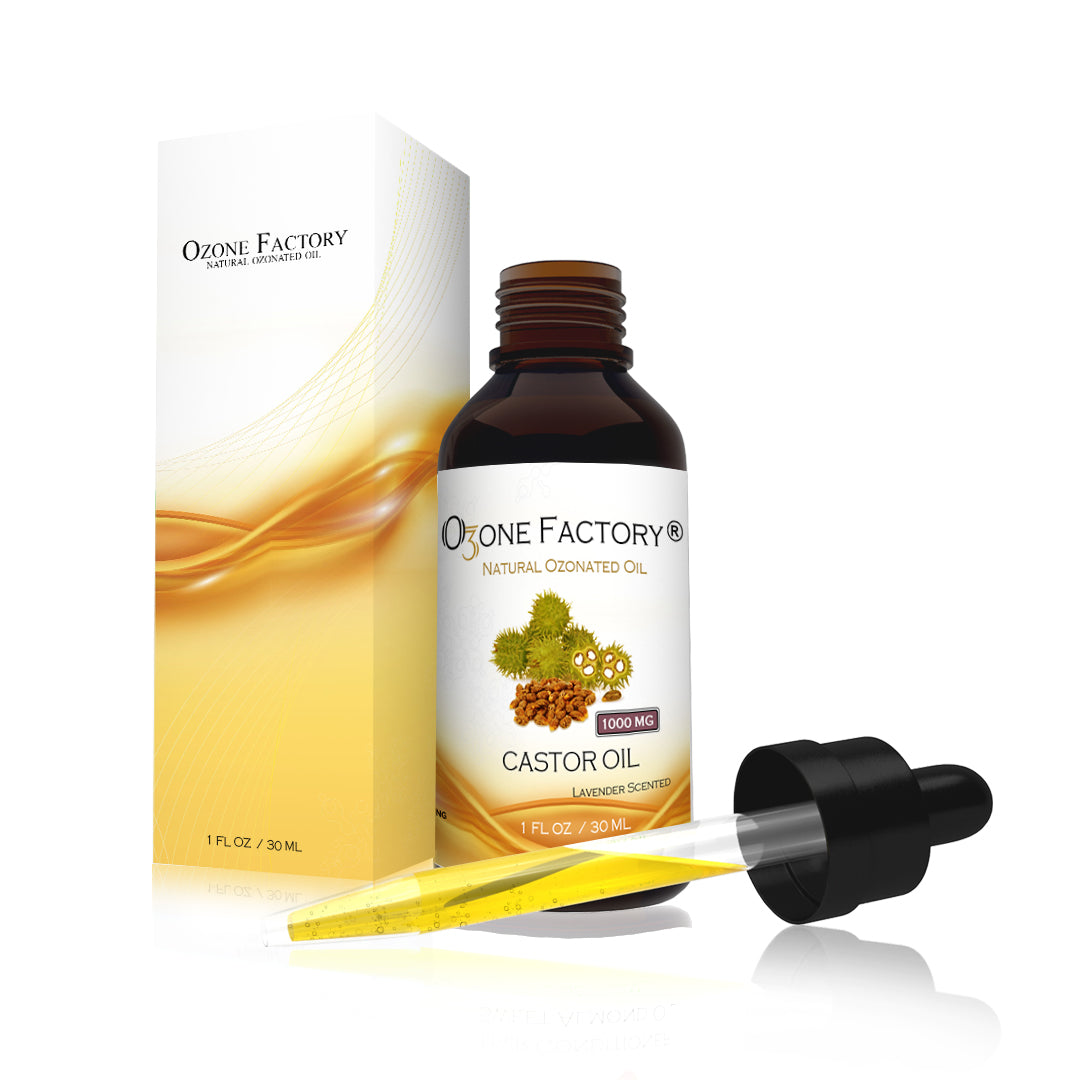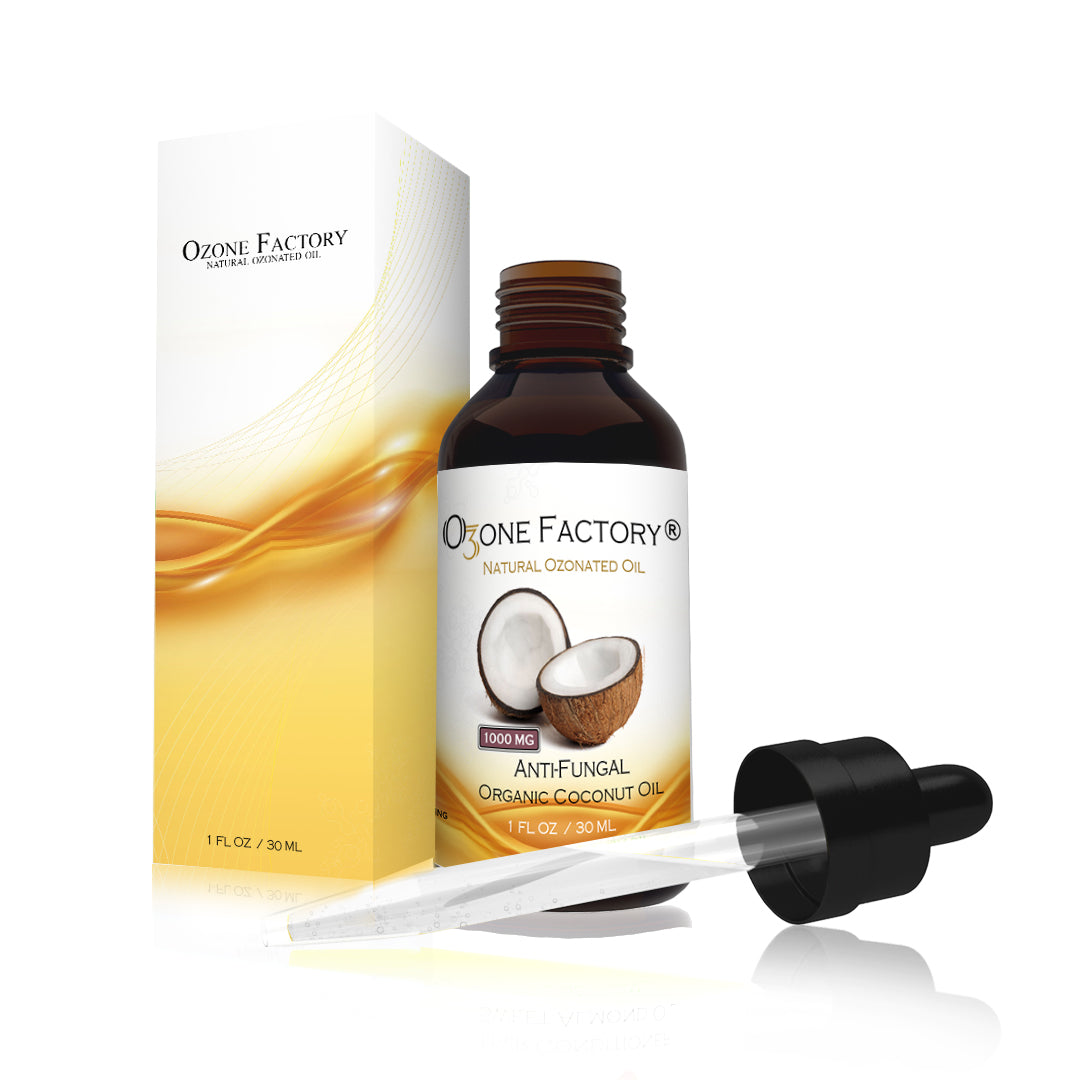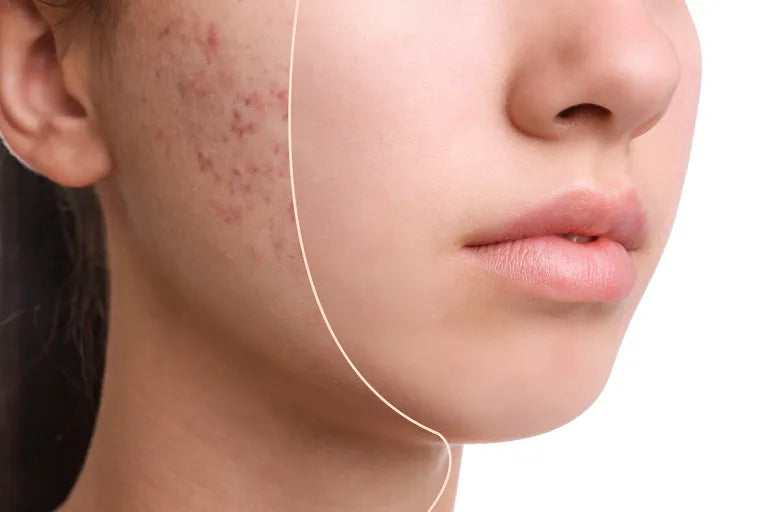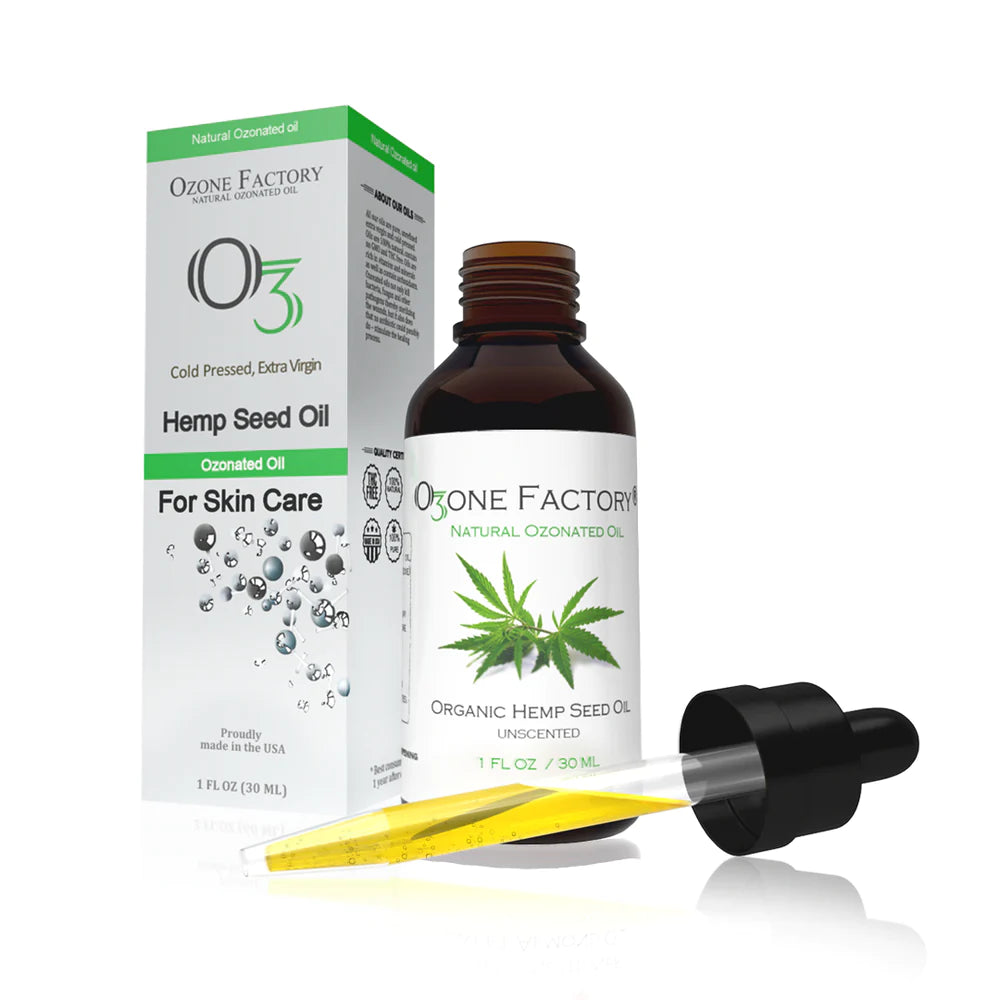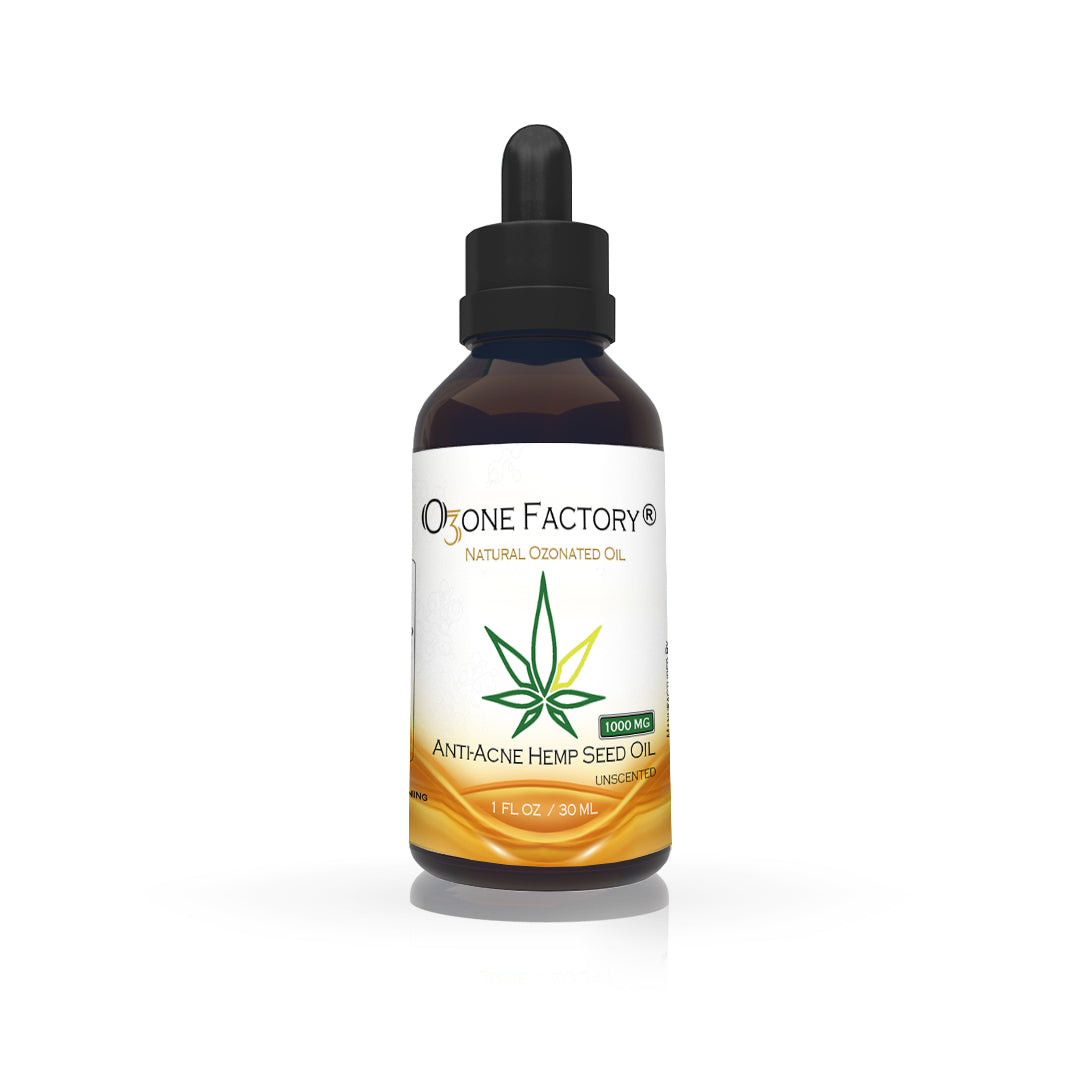
What Is Safflower Oil?
Safflower, aka Carthamus tinctorius, is a flowering plant known as the '4,000-year-old herb. It has a long history of varied uses, including for culinary purposes (safflower oil is widely considered to be one of the healthiest oils you can cook with), as a dye for textiles (thanks to the oil's rich, yellow-orange-red tone), and skincare. Safflower oil specifically is made from cold-pressing the seeds of the flower.
Benefits of Safflower Ozonated Oil for Acne
There's (obviously) no shortage of plant-based skincare oils out there, each with its own particular list of pros and cons. That being said, safflower oil has some unique features that help it stand out from the rest of the crowd. Safflower is one of a very few oils that, as a stand-alone ingredient, has a beneficial fatty acid composition for the skin. If cold-pressed and processed properly, safflower oil has a higher level of antioxidant and antimicrobial properties than many other oils commonly used in skincare.
- Antioxidant properties: These come from both the vitamin E naturally found in safflower oil, as well as unique flavonoids. A 2020 study published in the Journal of Microbiology and Biotechnology found that, more specifically, safflower seed oil helps inhibit damage caused by exposure to UVB rays. And that's a major win not only for the general health of the skin but also the appearance of the skin—the research found safflower seed oil to be effective at inhibiting UVB-induced photo-aging by minimizing the effects of an enzyme that breaks down collagen. Long story short, safflower oil has anti-aging benefits, too.
- Anti-fungal and antimicrobial proprieties: Research indicates that these properties, combined with safflower oil's wound-healing effects, can be helpful in treating skin injuries.These attributes are a major plus when it comes to helping address acne.
- Delivers moisture to the skin: Safflower oil is specifically indicated for damaged, dry skin because it has high concentrations of omega-6 fatty acid linoleic acid that allows quick absorption without a greasy consistency to moisturize the skin. Safflower oil contains a rich source of fatty acids that help improve the skin's natural barrier and improve overall skin health, while containing a light weight consistency and moisturizing agent that can penetrate the skin without causing irritation.
- Non-comedogenic: All of the above benefits combined make safflower oil a major win for those battling breakouts. First and foremost, it's considered non-comedogenic, so there's less concern for clogged pores.
- Anti-inflammatory: Its anti-inflammatory properties can help quell or reduce skin redness. The high concentration of fatty acids help treat dermatitis and speed the healing time for wounds.
- High in acne-fighing linoleic acid: Safflower oil can also be a good option for those dealing with blackheads and whiteheads as well. This may be due to one of safflower oil's more unique distinguishing features, an extremely high amount of linoleic acid—around 70 percent. This is arguably the 'hero' component for acne prevention, as safflower oil may help in reducing the size of blackheads and whiteheads.

That being said, it has been demonstrated that it is possible to further enhance the properties of oils by adding ozone. Indeed, ozone (O3) has been recognized as one of the best bactericidal, antiviral, and antifungal agents, and has been used empirically as a clinical therapeutic agent. The mechanisms behind this activity are based on the greater oxidizing properties of ozone, which induce the destruction of bacterial cell walls and the cytoplasmic membrane. The result is an increase in permeability and the entry of ozone into bacterial cells. Moreover, ozone is also able to stimulate the innate immune system to contrast microorganisms. In fact, in the presence of ozone, microorganism lipoproteins produce LOP (products of lipid oxidation) that are able to induce higher amounts of H2O2, by phagocytes, resulting in better bacteriostatic and bactericidal activity.

